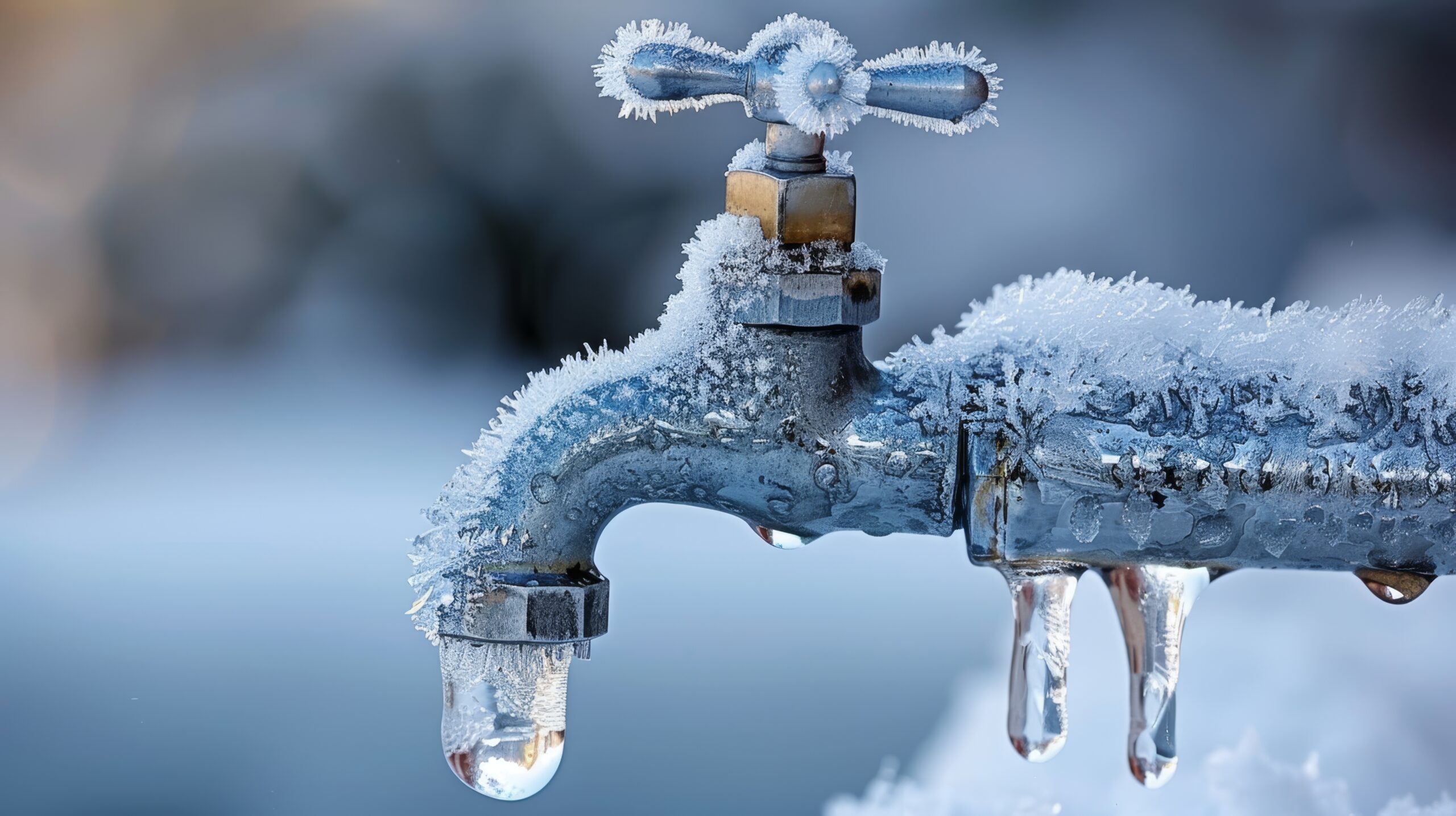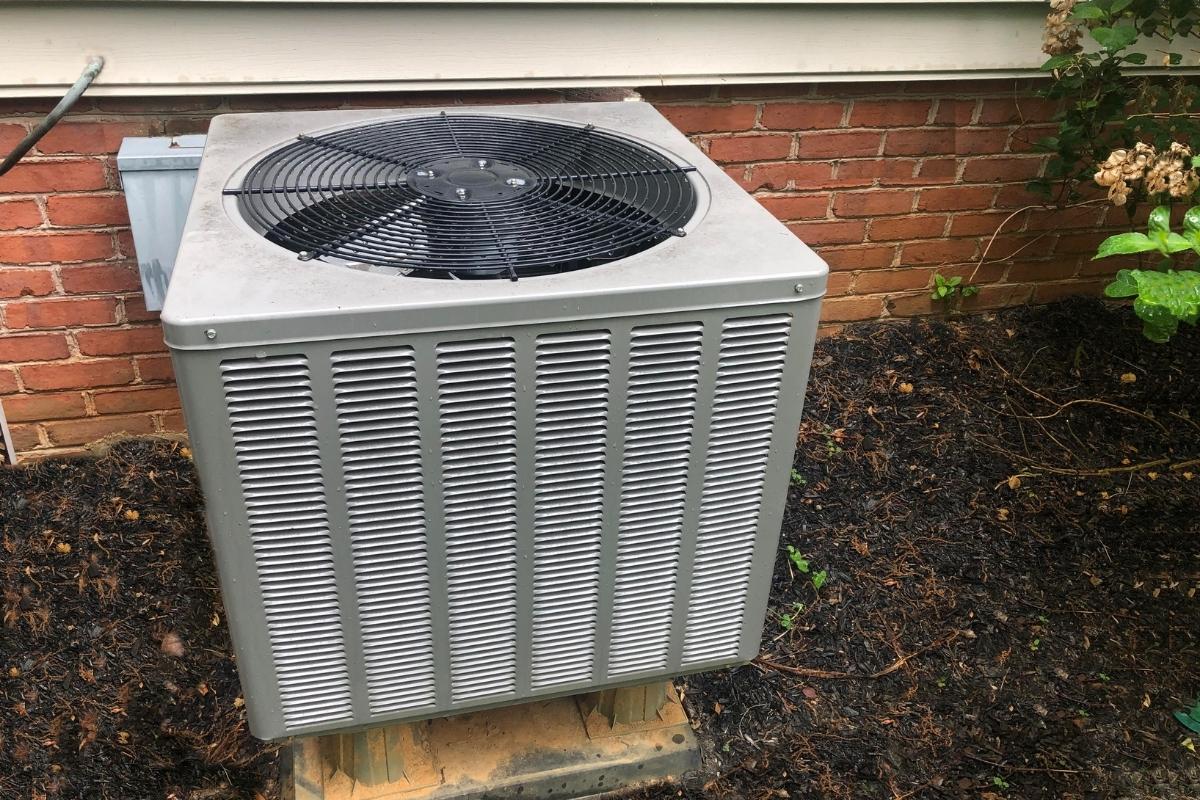Why Freezing Temperatures Don’t Always Cause Immediate Damage | Service Today

Freezing Temperatures Don’t Always Cause Immediate Damage. Here’s Why Problems Often Show Up Later
Freezing temperatures are a normal part of winter in Maryland, Delaware, and Pennsylvania. Homeowners in this region expect cold weather and understand the risk of frozen pipes during extreme conditions.
What many don’t expect is that plumbing problems tied to freezing temperatures often appear after the coldest days have passed. As temperatures fluctuate between freezing and thawing, small weaknesses in plumbing systems can turn into leaks, bursts, and water damage days or even weeks later.
At Service Today, our technicians frequently respond to plumbing calls that stem from recent cold snaps, even when temperatures have already warmed back up.
How Freeze-Thaw Cycles Stress Plumbing Systems
When water inside a pipe freezes, it expands. As temperatures rise, that ice melts and pressure is released. Over time, repeated freeze–thaw cycles can weaken pipes, joints, and fittings.
According to Brian Caldwell, master plumber with Stan’s Heating, Air, Plumbing & Electrical, this cycle is a common cause of delayed plumbing failures.
“Pipes don’t always burst the moment they freeze,” Caldwell explains. “Sometimes the damage shows up later, once the ice melts and water starts flowing again.”
Even minor cracks can allow water to seep into walls, ceilings, or floors, often going unnoticed until visible damage appears.
Common Signs of Freeze-Related Plumbing Damage
Homeowners should stay alert for plumbing issues following cold weather, especially during periods of warming temperatures. Common warning signs include:
- Unexplained drops in water pressure
- Damp spots on walls, ceilings, or floors
- Water stains or bubbling paint
- Musty odors, indicating hidden moisture
- Higher-than-normal water bills
“These are often signs of a pipe that was stressed during a freeze,” Caldwell notes. “Catching them early can prevent much bigger problems.”
Why Post-Freeze Inspections Matter
Many homeowners assume that if their pipes didn’t freeze solid during a cold snap, their plumbing system is fine. In reality, damage may already be present.
A professional plumbing inspection after freezing weather can identify:
- Hairline cracks in pipes
- Compromised joints or fittings
- Insulation gaps that increase future risk
- Early leaks before they cause major damage
Addressing these issues early can reduce repair costs and help avoid emergency situations later in the season.
Staying Ahead of Cold-Weather Plumbing Problems
With freezing temperatures occurring more frequently and in shorter, unpredictable bursts, proactive plumbing care has become increasingly important. Preparing ahead of cold weather and checking systems afterward can make a meaningful difference in protecting a home.
For homeowners across Maryland, Delaware, and Pennsylvania, understanding how freezing temperatures affect plumbing beyond the coldest days helps reduce surprises and keeps systems running safely through winter. Contact us today to make sure your plumbing system is prepared for more bursts of cold weather.



